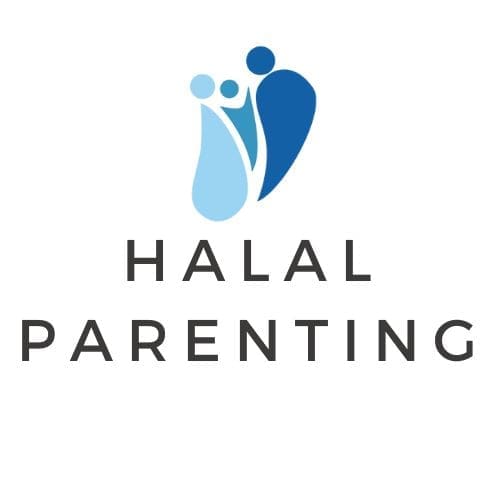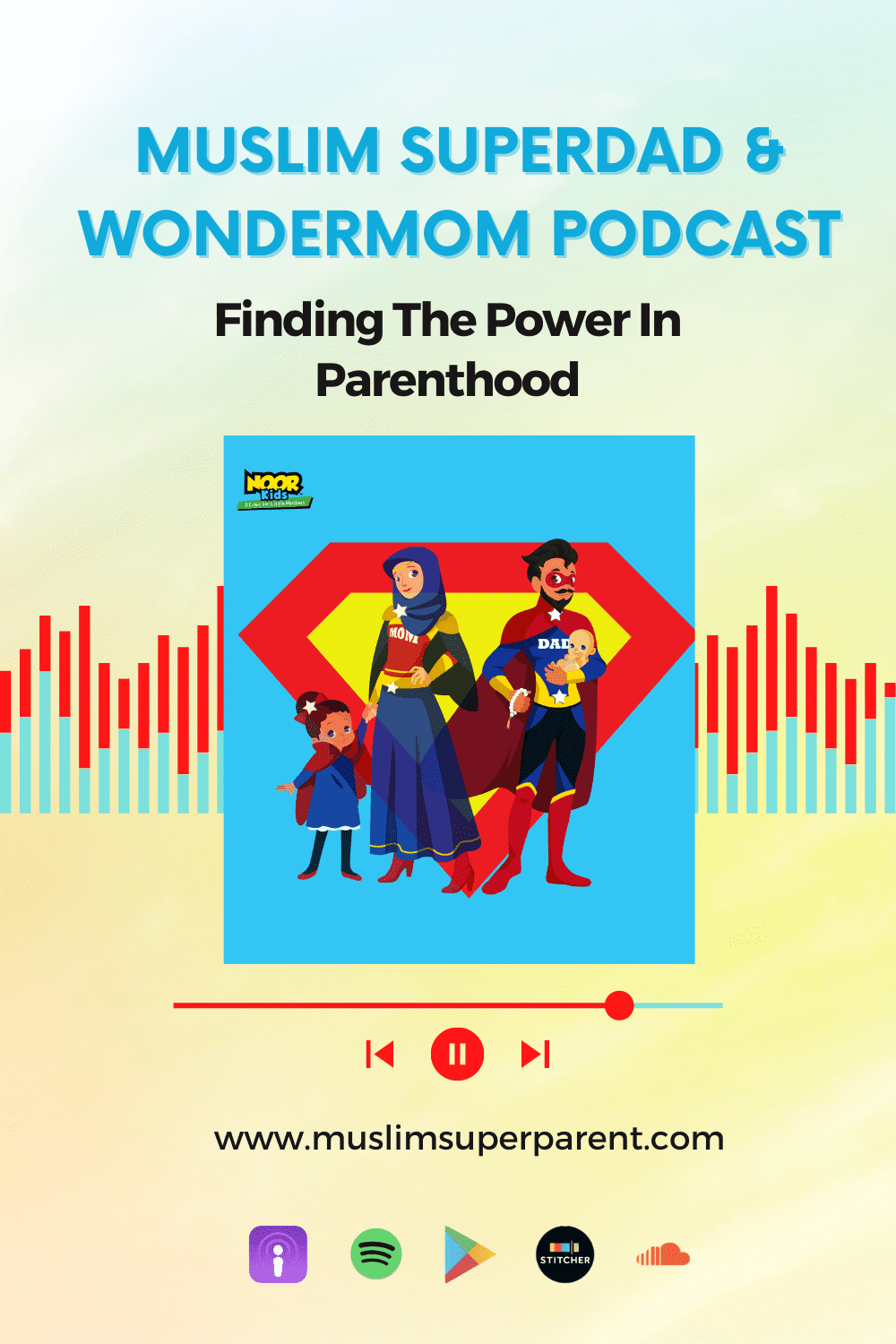Become The Dad Your Kids Deserve

I grew up in a family where Dad worked and Mom did everything else. Growing up in the Pakistani community, I was surrounded by a culture that left the responsibility of child-rearing to moms. But, research on raising confident children tells another story.
Parents — mom AND dad — represent the most important variable that impacts a child’s lifelong understanding of who they are. Kids who grow up in a single-parent household face increased behavioral problems than those that grow up with two parents (Hofferth 2006). They are more likely to use drugs (Hoffmann 2002). The majority of children in psychiatric institutes are from fatherless homes (Block 1988). The list goes on.
In the early days of revelation, a bedouin from Mecca saw our Holy Prophet (pbuh) kiss his grandchild. At the sight, the bedouin boastfully retorted, “I have ten sons and I have never kissed one.” Our Prophet (pbuh) was saddened by this, saying, “He who does not show mercy for his children, no mercy will be shown to him.” [Ṣaḥīḥ al-Bukhārī 5651, Ṣaḥīḥ Muslim 2318]
Our team at Noor Kids recently launched the Muslim Superdad and Wondermom Podcast to help parents build a community around parenthood, discussing relevant topics to empower us to become the parents that our children deserve.
I want to share three of the most important reflections I’ve had through this journey since becoming a Dad:
1. Being a Dad begins with faithful intention
Why did you become a father? Seriously. What was your goal in having children?
For many, becoming a parent is the natural order of life. Finish college, get a job, find a spouse, buy a car… and have kids. And, if you don’t have kids — in-laws and community members will pester you into beginning the process!
Others, however, have a more meaningful intention. Prophet Ibrahim (as) and Prophet Zachariya (as) were not blessed with children until much later in their lives. They would pray to Allah (swt), seeking an heir so that they could have a legacy on Earth long after they passed away.
Children represent the greatest sadaqah jariyah, or ceaseless charity, that we can ever offer. Every act of goodness that our children involve themselves in represents a reward that we, as parents, will benefit from.
On a personal level, I finally understood this when my mother passed away. I realized that while her book of deeds had closed, I can still benefit her through my good deeds. Even more, if I’m able to raise a child with the help of Allah (swt), my child’s deeds will also be a positive reflection on her.
And it matters. The parent who wakes up in the middle of the night to their crying infant, will have a unique motivation and mindset when he or she realizes that this child is their legacy on Earth.
2. Rasul’Allah (pbuh) was a “Superdad”
At a time when culture looked down upon providing fatherly love to a child, our Prophet (pbuh) was an overflowing spring of affection.
Abdullah bin Buraidah reported that during a Friday khutba in Masjid al-Nabawi, the grandson of our Holy Prophet (pbuh) tripped over his thobe and began to cry. The Prophet (pbuh) stopped his sermon, descended from the mimbar, picked up the child, and tended to his needs before resuming the lecture. [Sunan Ibn Majah 3600]
In a separate occasion, the Prophet (pbuh) was leading congregational prayers and entered into prostration. While in sujood, his grandson climbed atop the Holy Prophet’s (pbuh) back. Instead of creating discomfort for his grandson, the Prophet (pbuh) elongated his sujood so as to not create discomfort for his loved one. [Sunan al-Nasā’ī 1141]
With his own daughter, Lady Fatima (ra), our Holy Prophet (pbuh) would shower her with affection, including public praise such as saying, “Fatima is the leader of the ladies of paradise.” [Musnad Aḥmad 2896]
I think to myself: if these are the public displays of affection that our Prophet (pbuh) had with his family, what must have been the role he played for his family in private?
2. Being a Superdad requires hard conversations
There are a lot of conversations that I’d prefer not to have as a dad — like reflecting on my fatherhood, for example.
In a recent conversation we recorded for the Muslim Superdad and Wondermom Podcast, I interviewed Sheikh Mohammad Elshinawy from Yaqeen Institute. He shared an important thought: “In the early years, children primarily need maternal nearness..it’s not like [fathers] are irrelevant it’s just not yet.. But you’re still needed.”
The truth is, the journey of parenthood isn’t easy. And it’s fluid and forces me to be reflective – am I fulfilling my duties as a father? How should we discipline our children? How can we instill love for prayer? How can we motivate children to read the Qur’an? What are the appropriate guardrails for screen time? When should we talk to kids about pornography? How should we police social media?
We can’t bury our heads into the sand and hope that these questions will work themselves out on their own. There is too much at stake. Our legacy Earth, our kids.
Thirty years from now, my son, Qasim, might be ready to begin his fatherhood journey. I pray that he is surrounded by a community where dads work as hard in the office as they do in their home hand-in-hand with moms as they raise children that build a better world. Insha’Allah.



Its commendable and the need for us to improve on our parenting skills is paramount